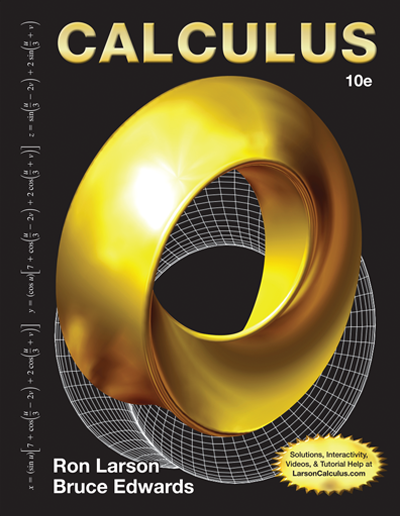Carl Gustav Jacobi
(1804 – 1851)
Carl Gustav Jacob Jacobi was born in Potsdam, Germany on December 10, 1804. Jacobi, the son of a prominent Jewish banker and his wife, was fortunate to be reared in a home where culture and education were of paramount importance. His parents recognized his genius and were eager to encourage his intellectual development.
Jacobi entered Potsdam’s Gymnasium, an institution roughly equivalent to a high school in the United States, in November 1816. It was almost immediately apparent that Jacobi, at the age of twelve, had advanced beyond the school’s curriculum. However, the University of Berlin refused to accept students under the age of sixteen, so Jacobi was forced to endure four years at the Gymnasium before entering the university in 1821. Jacobi used those years to master Latin, Greek, history, and Euler’s Introductio in analysin infinitorum. Much of what Jacobi learned of mathematics he taught himself, since his interests were well beyond the abilities of his teachers.
Though Jacobi was quite obviously a mathematical genius, he was also a gifted philosopher and philologist. During his first two years at the University of Berlin, he pursued all these studies with equal intensity. Ultimately he decided that he could do justice to none unless he committed himself to one. His commitment was to mathematics.
Like Newton, Euler, and scores of others, Jacobi’s dedication to mathematics bordered on obsession. He had no interest in sleeping or eating while working on a particularly challenging problem. When a friend suggested that he temper his pursuit of knowledge with a dash of common sense, Jacobi retorted, “Certainly I have sometimes endangered my health by overwork, but what of it? Only cabbages have no nerves, no worries, and what do they get out of their perfect wellbeing?”
By August 1825, Jacobi had begun to realize dividends on his investment in mathematics. He was awarded a doctorate and shortly thereafter, a professorship, from the University of Berlin. He proved to be an excellent teacher, and devoted virtually all the remainder of his life to education and research.
Jacobi married in September 1831. He and his wife, the former Marie Schwink, were the parents of three daughters and five sons.
Among Jacobi’s many contributions to mathematics were his discoveries in the fields of elliptic functions, number theory, ordinary and partial differential equations, the calculus of variations, and infinite series. He is best known for his introduction of the functional determinant known as the Jacobian.
Jacobi died of smallpox in Berlin on February 18, 1851, at the age of forty-six.
Links
http://www-history.mcs.st-andrews.ac.uk/Biographies/Jacobi.html
http://www.nndb.com/people/920/000093641/
References
- Ball, W. W. Rouse. A Short Account of the History of Mathematics. 1908. Reprint. New York: Dover Publications, Inc., 1960.
- Eves, Howard. An Introduction to the History of Mathematics. 6th ed. Fort Worth: Saunders College Publishing, 1992.
- Gillispie, Charles Coulston, ed. Dictionary of Scientific Biography. Vol. VII. New York: Charles Scribner’s Sons, 1973.
- Smith, D. E. History of Mathematics. Vol. I. 1923. Reprint. New York: Dover Publications, Inc., 1958.
- Struik, Dirk J. A Concise History of Mathematics. New York: Dover Publications, Inc., 1987.











